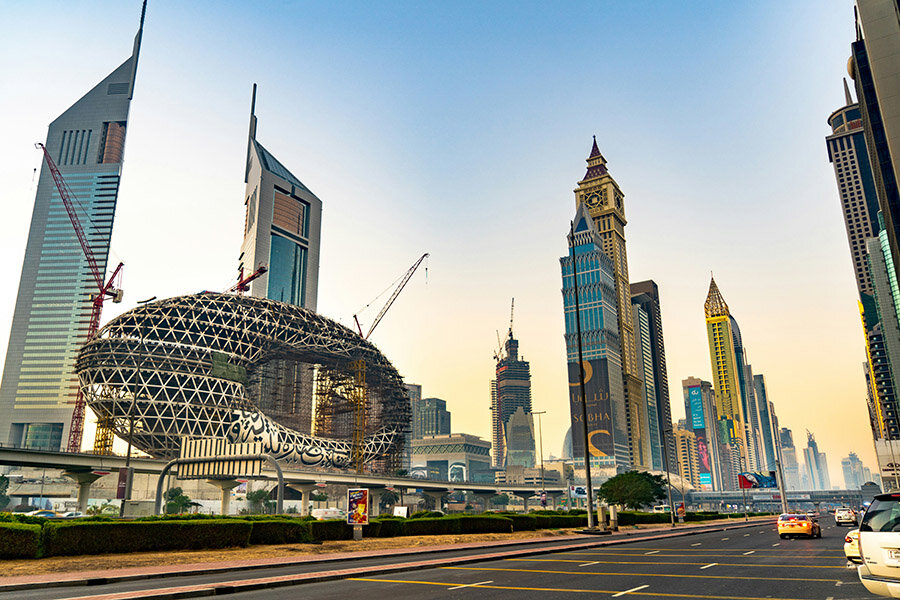Dubai Luxury Real Estate Market: Growth Amid Instability and Correction Risk

Photo: Unsplash
In the second quarter of 2025, Dubai’s luxury real estate market showed high activity, reports Bloomberg, citing data from Knight Frank. Sales volume for properties above $10 million reached $2.6 billion — 37% higher than in January–March and 63% above the same period last year. However, analysts point out ongoing risks related to geopolitical tensions and an overheated sector.
Between April and June, there were 143 transactions in this price segment — 52% more than during the same period last year. Of these, 22 were deals for properties priced above $25 million. Average prices in the ten prime areas rose 18% year-on-year but remained almost unchanged from the first quarter. According to experts, this indicates that the increase in total sales value is driven by healthy market activity rather than cost inflation.
In the $10 million-and-above category, the number of apartment deals (80) exceeded those for villas or single-family homes (63) for the first time since the second quarter of 2023. The report also highlights reduced speculative activity: only about 5% of properties were resold within a year of purchase, compared to 25% in 2008. Analysts believe this points to a shift in buyer behavior from short-term strategies to asset holding.
Abu Dhabi is actively closing deals, backed by a sovereign wealth fund of $1.7 trillion. Property prices in Dubai have risen by 70% over four years due to buyers from all over the world. However, the market nearly froze during the open conflict between Iran and Israel. As brokers note, transactions briefly stalled. Although the truce appears to hold, the shock lingers, and there are continued concerns as geopolitical risks in the Middle East take center stage.
Some analysts believe the UAE might lose its status as a haven for wealthy investors. Meanwhile, it remains where many international billionaires keep their assets. The country is also attractive to hedge funds and Wall Street banks planning expansions. Crownox CEO Hussein Nasser-Eddin says the situation is currently under control but what happened has significant implications. The short-term reaction to the war illustrated the sector’s sensitivity to sudden shocks. Nasser-Eddin adds that his firm, which specializes in travel security, has received a much higher volume of requests for emergency planning in Gulf countries.
However, more than a dozen bankers, hedge fund managers, and sovereign wealth fund executives interviewed by Bloomberg News said they see no signs of capital flight. UAE stocks, which fell after Israel’s strikes on Iran began, have since hit new highs along with U.S. securities.
Sentiment could shift again if hostilities resume. There may also be negative economic consequences from the large-scale tariffs announced by U.S. President Donald Trump. Moreover, Fitch Ratings predicts a decline in Dubai property prices at the end of 2025 and the start of 2026, attributing this to increased supply. According to Knight Frank, a housing price increase of 8% is possible in 2025, but around 19,700 new villas are already announced for construction, potentially leading to an oversupply and price correction in the near term.
Additional pressure on the market comes from declining oil prices and ongoing general instability. The UAE is also losing some of its appeal for Russian investors due to banking sector restrictions imposed under EU and U.S. sanctions. Amid oversupply and rising global risks, uncertainty is growing, undermining confidence in the market. There are also increasing fears of a potential price collapse if a new property bubble bursts.
Read also:
Dubai Real Estate Market: Trends for 2025
Foreigners in Dubai Have Negative Impact on Labor Market and Lifestyle
Golden Visa for Medical Professionals in Dubai: New Incentives Amid Global Staff Shortages








